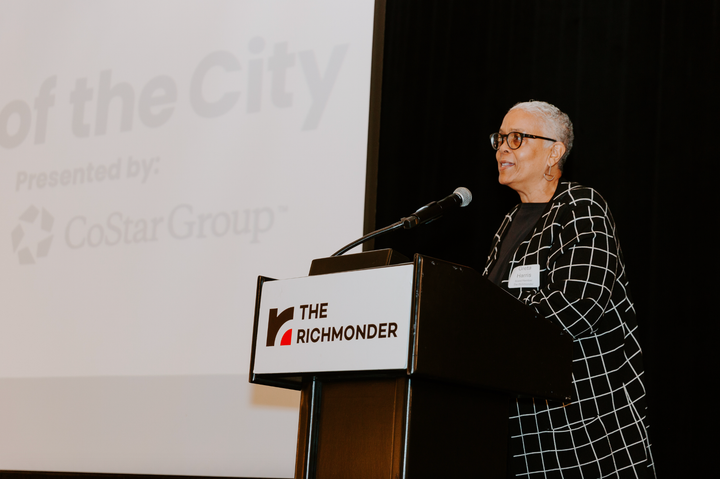On Faith and Values: Dreaming— and ‘Lightening Up’
I met an elderly fellow recently who told me of a dream he’d had as a younger man and its impact it’s in his life. He’s affable and grounded, the kind of guy I’d like to be when I’m his age, and he began by telling me he’d grown up in a church that encouraged him to take a serious and “straight-laced,” as he put it, approach to his developing faith. He did, but began to drift away from that faith in high school, a process he completed when he went off to college. Sometime later in his 20s, though, he drifted back, and that’s when he had the dream.
In it, he was in a very large lecture hall at his alma mater, hearing a rather distinguished professor speak — God himself. As the lecture got underway, a commotion came from the back of the hall; someone was throwing open the door and arriving late. Many heads swiveled, not including this gentleman, though he wondered who would have the audacity to be tardy and disruptive to a lecture by God. He heard the latecomer enter the row behind him and take a seat.
As casually as he could, he looked back and found himself making eye contact with the new audience member. It was Jesus, who settled in his seat and gave my new friend a wink and a smile.
“That dream changed me,” this gentleman told me. “I felt like I was being told that I could actually enjoy my faith and that being a believer didn’t have to mean being straight-laced all the time.”
I love the freeing aspect in that dream and, in thinking about it later, I wondered if maybe the Westminster Catechism might have come up in God’s presentation. A widely admired scholarly work and a foundational document for today’s Presbyterian Church, it was written in the 17th century and begins by defining the main purpose in life for us humans as being “to glorify God and to enjoy him forever.”
Some are probably surprised to see the word “enjoy” get such a prominent place (alarmed, too, perhaps), but I’m a huge fan of its billing. God’s given us some indescribably good gifts—and I have to think that he’s pleased when we can enjoy them together with a few winks and smiles. He is, after all, also the inventor of laughter and joy, and I believe that his sense of humor is definitely included on the long list of his greatest attributes.
I can say that, while also acknowledging this: Enjoying God and living with joy doesn’t discount or gloss over the fact that we all have—and will—encounter pain and suffering as we make our way on this planet. To paraphrase, hardship happens. In my own difficult times, though, joy has made an enormous difference. I think back a couple years ago to a day I stood in a church preparing to offer a eulogy at my father’s funeral. In the midst of all that sadness, there was also a strong feeling of something like “God’s got this,” which brought a real sense of peace. Can’t we build a foundation of joy, knowing that our God transcends this life, with all its ups and downs?
Pastor and author Tim Keller put it this way: “The assurance of God’s love and care is like a subterranean river of joy, a fountain of mirth, that will always reinvigorate you no matter the circumstances of your life.”
There’s certainly a time and place for straight-laced, but there are also frequent opportunities for winks and smiles. Another pastor and author, Judah Smith, writes that one of the great shortcomings of Christians today isn’t so much hypocrisy or sin, but the lack of joy with which many live their lives. “Something is wrong when we call ourselves Christians,” he notes, “but practically have an aneurysm just trying to crack a smile.”
Let’s see if we can pull it off and keep our circulatory systems intact.
The Richmonder is powered by your donations. For just $9.99 a month, you can join the 1,000+ donors who are keeping quality local journalism alive in Richmond.






